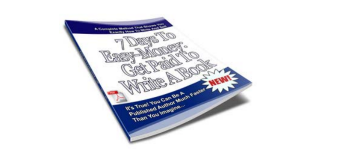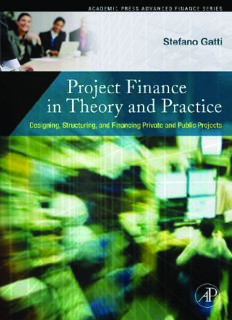Fictional Failures and Real Lessons: What Career-Based Novels Teach Us
In literature, failure is often more illuminating than success. Career-based novels that depict setbacks, missed opportunities, and dramatic downfalls reveal powerful truths about resilience, self-awareness, and the pursuit of purpose. Through the lens of fiction, readers are invited to explore the darker side of ambition, the consequences of poor decisions, and the strength required to rebuild after a fall. In this blog post, we will dive into fictional stories of career failures and the real-life lessons they impart.
The Role of Failure in Fiction
Failure in literature is a compelling narrative device. It challenges characters to confront their limitations, reassess their values, and ultimately grow from the experience. In career-based novels, these moments of loss and hardship resonate deeply because they reflect real-world struggles. Readers find themselves relating to the protagonists’ despair and triumphing with them as they learn from their mistakes.
Classic Tales of Career Setbacks
One of the most profound literary explorations of career failure is found in "Death of a Salesman" by Arthur Miller. Willy Loman's relentless pursuit of the American Dream leads him down a path of self-delusion and despair. His inability to adapt to changing business landscapes and his obsession with status serve as a cautionary tale about the dangers of clinging to outdated ideals.
Similarly, "The Great Gatsby" by F. Scott Fitzgerald showcases the ultimate collapse of ambition. Although primarily known as a story of love and decadence, Gatsby’s relentless drive to recapture the past and achieve status leads to his tragic demise. His career ambitions, tied intricately to his personal life, unravel spectacularly, highlighting the fragility of success built on illusion.
Modern Depictions of Career Missteps
Contemporary literature also captures the harsh realities of career failures. In "The Devil Wears Prada" by Lauren Weisberger, the protagonist Andrea Sachs faces moral and personal dilemmas while working for a powerful fashion editor. Though she seemingly succeeds in her role, Andrea’s growing disillusionment with her career path teaches readers about the importance of aligning professional choices with personal values.
Another example is "Then We Came to the End" by Joshua Ferris, a satirical exploration of a Chicago advertising firm during economic downturn. The novel masterfully depicts the unraveling of careers and the emotional impact of corporate layoffs. Through its vivid portrayal of job insecurity, it explores the fragility of professional stability and the resilience required to move forward.
Lessons Learned from Fictional Failures
Fictional failures are far from mere tragedies; they serve as mirrors reflecting our own professional anxieties and ambitions. From these stories, readers learn critical lessons:
Adaptability is Key: Characters who fail to adapt, like Willy Loman, highlight the need for flexibility in evolving markets.
Integrity Matters: Novels like The Devil Wears Prada reveal that success without personal integrity often leads to dissatisfaction.
Accepting Change: In Then We Came to the End, the acceptance of change becomes essential for growth and survival.
Ambition Needs Balance: Gatsby’s relentless ambition serves as a warning that unchecked desire can lead to self-destruction.
Why We Love Stories of Failure
While tales of success inspire, stories of failure resonate because they are real. They strip away the glamour of career success and expose the grit required to overcome adversity. Readers connect with the vulnerability of characters who, despite their best efforts, stumble and fall. It’s in these moments that true growth occurs, both for the character and the reader.
Final Thoughts
Career-based novels that center on failure teach us that setbacks are not the end of the story—they are merely chapters in a longer narrative. Through the lens of fiction, we learn that growth often emerges from failure, and resilience is built not during times of ease but in moments of challenge. These literary lessons remind us that every professional stumble is an opportunity to rise stronger and wiser.









